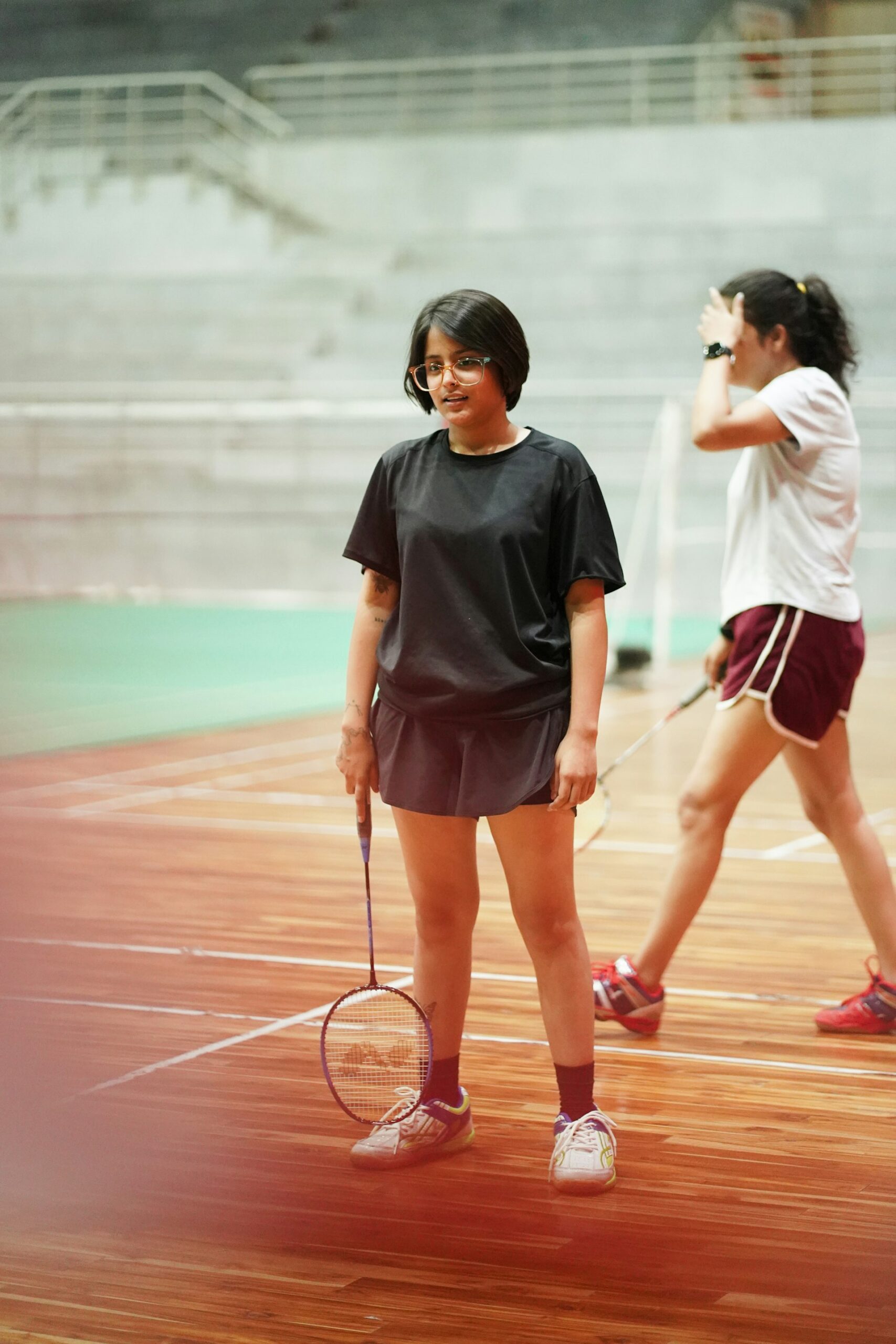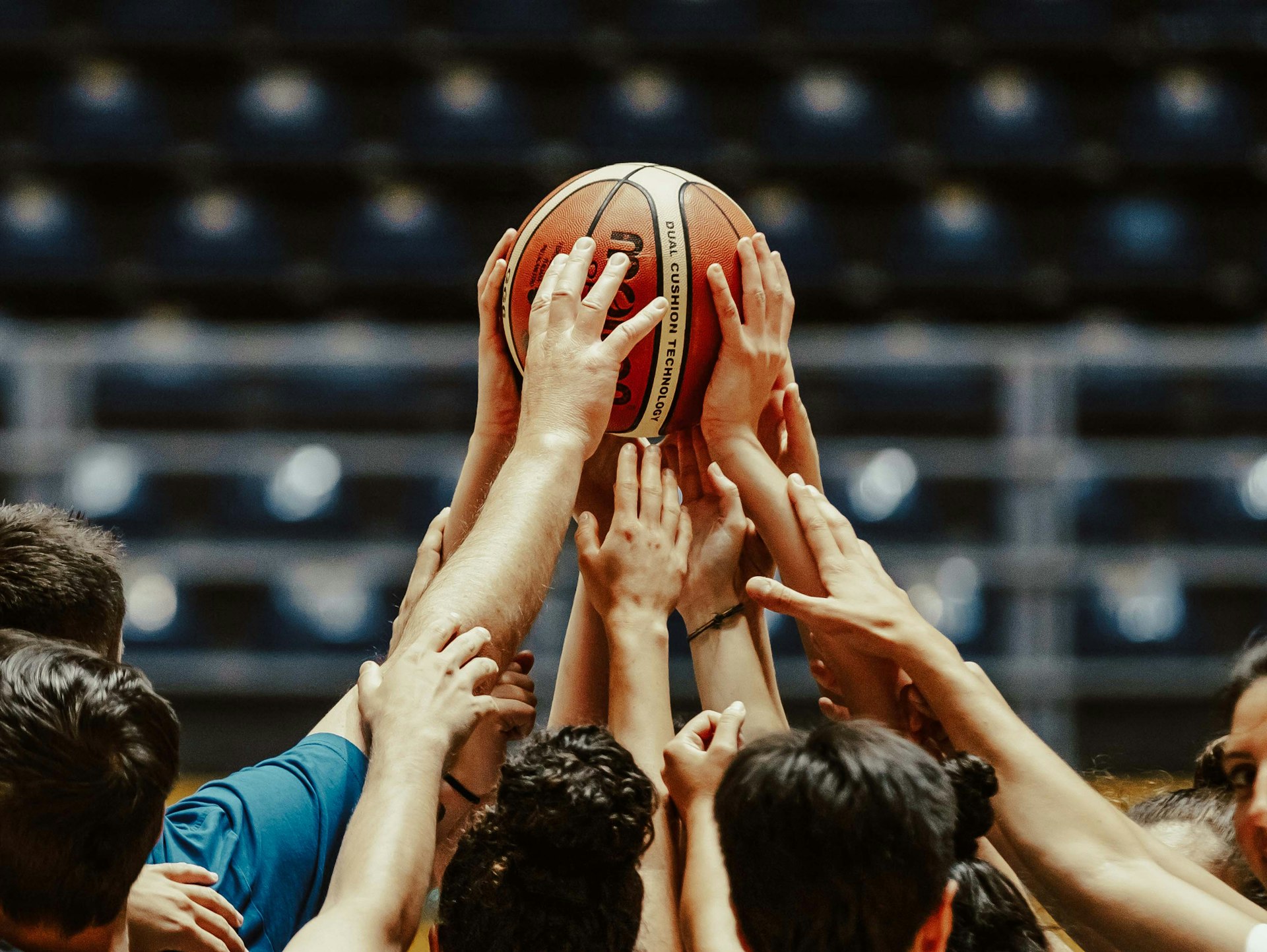Unlocking Peak Performance: The Critical Role of Sports Psychology in Elite Athletics

Photo by Davide Aracri on Unsplash
Introduction: The Invisible Edge of Elite Performance
In the competitive world of elite sports, physical ability, technical skill, and tactical understanding are essential-but they aren’t enough to guarantee success at the highest level. Increasingly, sports psychology is recognized as a critical factor in helping athletes achieve and maintain peak performance. Mental conditioning, psychological resilience, and emotional regulation are now seen as indispensable tools for those striving to reach the top of their game. This article explores the science, strategies, and practical pathways for leveraging sports psychology to unlock elite athletic performance.
The Foundations of Sports Psychology in Elite Performance
Sports psychology focuses on improving athletes’ mental skills, fostering confidence, and helping them manage pressure, anxiety, and setbacks. While physical training is visible and measurable, the psychological aspects of performance often determine who succeeds when the stakes are highest. Research indicates that mental factors such as motivation, concentration, confidence, and resilience can make the difference between winning and losing at the elite level [1] .
Key psychological skills addressed by sports psychologists include:
- Goal setting
- Visualization and imagery
- Positive self-talk
- Focus and attentional control
- Stress and anxiety management
- Resilience and mental toughness
By systematically developing these skills, elite athletes can consistently perform at their best, even under intense pressure [1] .
Mental Conditioning: Building the Psychological Toolkit
Mental conditioning is now considered as vital as physical training for elite athletes. Techniques such as visualization -mentally rehearsing successful performance-can strengthen neural pathways and boost confidence. Goal setting provides focus and direction, particularly when broken into actionable short-term and long-term objectives [2] . Positive self-talk and mindfulness practices help athletes stay present and resilient, reducing destructive anxiety and distractions [1] .
For example, Olympic athletes often credit their success to a blend of physical preparation and mental routines that help them visualize victory, manage nerves, and bounce back from setbacks. Real-world case studies show that teams and individuals who integrate mental conditioning into their regular training demonstrate greater consistency and adaptability under pressure [2] .
Enhancing Focus, Concentration, and Decision-Making
Maintaining concentration during high-stakes moments is a hallmark of elite performance. Distractions, whether external (crowd noise, media attention) or internal (self-doubt, fear of failure), can undermine performance. Sports psychologists employ mindfulness training , attentional control exercises , and pre-performance routines to help athletes stay “in the zone”. These strategies sharpen focus, improve decision-making speed, and enable rapid recovery from mistakes [1] .
For instance, a tennis player facing match point must block out all distractions to execute a precise serve. Through targeted mental skills training and practice under simulated pressure, athletes can learn to replicate optimal focus when it matters most.
Building Resilience and Mental Toughness
Mental toughness is the ability to persevere, adapt, and perform at a high level despite adversity. Setbacks, injuries, and losses are inevitable in elite sport, but resilient athletes recover faster and use challenges as motivation. Psychological resilience can be developed through structured training in cognitive reframing (viewing setbacks as opportunities), confidence-building exercises , and support systems both on and off the field [2] .
Many athletes work closely with sports psychologists during injury rehabilitation to maintain motivation, set recovery goals, and address fears of re-injury. These interventions not only accelerate physical recovery but also help athletes return stronger, both mentally and physically [2] .
Evidence from Research: The Measurable Impact of Sports Psychology
Meta-analyses of elite and sub-elite athletes consistently show that psychological skills training leads to measurable improvements in performance. A comprehensive review of 30 meta-analyses found that mental skills interventions, such as goal setting and anxiety management, produced moderate to strong positive effects on performance outcomes [5] . While not every athlete will benefit equally, the evidence underscores the value of incorporating psychological coaching into elite training programs.
For example, one study found that athletes who engaged in regular psychological skills training demonstrated a significant improvement in confidence, focus, and coping strategies during competition. The same research highlights the importance of tailoring interventions to individual needs for maximum effectiveness [5] .
Practical Steps for Accessing Sports Psychology Resources
If you are an athlete, coach, or parent seeking to leverage sports psychology, there are several actionable pathways:
- Consult with a Certified Sports Psychologist: Many professional and collegiate teams have sports psychologists on staff. To find a qualified practitioner, you can search the American Psychological Association’s Division 47 (Society for Sport, Exercise & Performance Psychology) directory or consult with your national sports governing body. When uncertain, search for “certified sports psychologist” along with your region or sport.
- Integrate Mental Skills Training into Routine: Work with coaches to include goal-setting, visualization, and mindfulness exercises into regular practice. Resources and workshops may be available through local sports organizations or academic institutions.
- Explore Evidence-Based Self-Help Materials: Many reputable organizations and universities offer books, online courses, and seminars on mental skills for athletes. When searching, use terms like “sports psychology training course” or “mental skills for athletes”.
- Team Support and Peer Learning: Encourage open discussions about mental health and performance within the team environment to reduce stigma and promote collective growth.
If you are unsure where to start, consider contacting your sport’s national federation or local athletic association to inquire about recommended mental performance coaches and available training programs.
Potential Challenges and Solutions
Some athletes may feel reluctant to seek psychological help due to stigma, fear of judgment, or misunderstanding the role of sports psychology. It is important to foster an environment of trust and confidentiality, where mental training is seen as a strength rather than a weakness. Coaches and organizations can help by providing information sessions and testimonials from respected athletes who have benefited from psychological support [4] .

Photo by Jonathan Chng on Unsplash
Where access to certified sports psychologists is limited, alternative approaches include peer support groups, online forums, and virtual consultations. Many athletes also benefit from self-directed mental training using structured workbooks or guided audio exercises, which can be found through university athletic departments or reputable mental health organizations.
Alternatives and Future Directions
While in-person, individualized coaching is ideal, group workshops, online training modules, and mobile applications are increasingly used to deliver sports psychology content to a wider audience. These resources can supplement traditional coaching, especially in remote or resource-limited settings. Always verify the credentials of any program or practitioner before participating.
Key Takeaways
The importance of sports psychology in elite performance is supported by a growing body of evidence and the lived experience of top athletes. Mental skills training, resilience building, and psychological support are not luxuries-they are key components of peak performance. Whether you are an athlete, coach, or supporter, investing in sports psychology is a proven pathway to unlock potential and sustain excellence on and off the field.
References
- [1] Sports Psychology.org (2023). The importance of mental performance in athletics.
- [2] Saybrook University (2023). Famous Athletes and Sport Psychology.
- [3] Faulkner University (2023). How Sports Psychology Aids Athletic Performance.
- [4] Science for Sport (2023). Sport psychology: How can it benefit sub-elite athletes?
- [5] National Institutes of Health (2022). Sport psychology and performance meta-analyses.
MORE FROM pulsefusion.org













